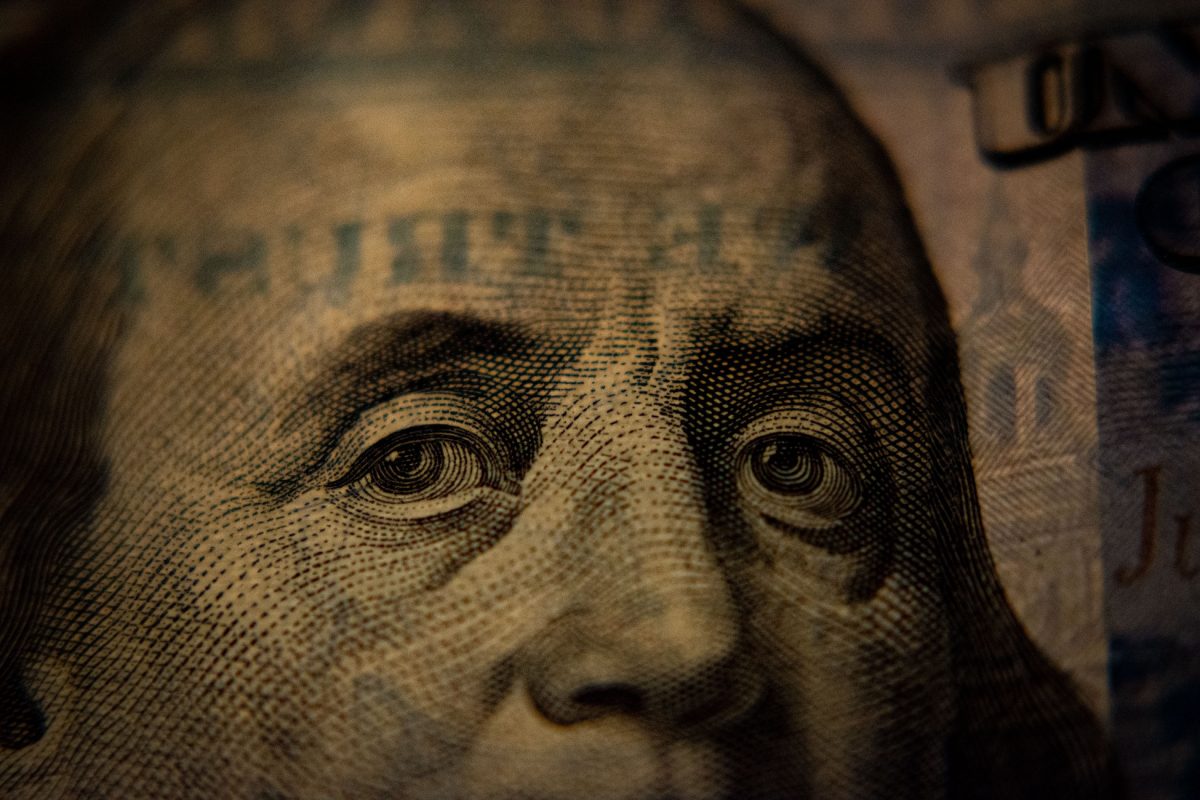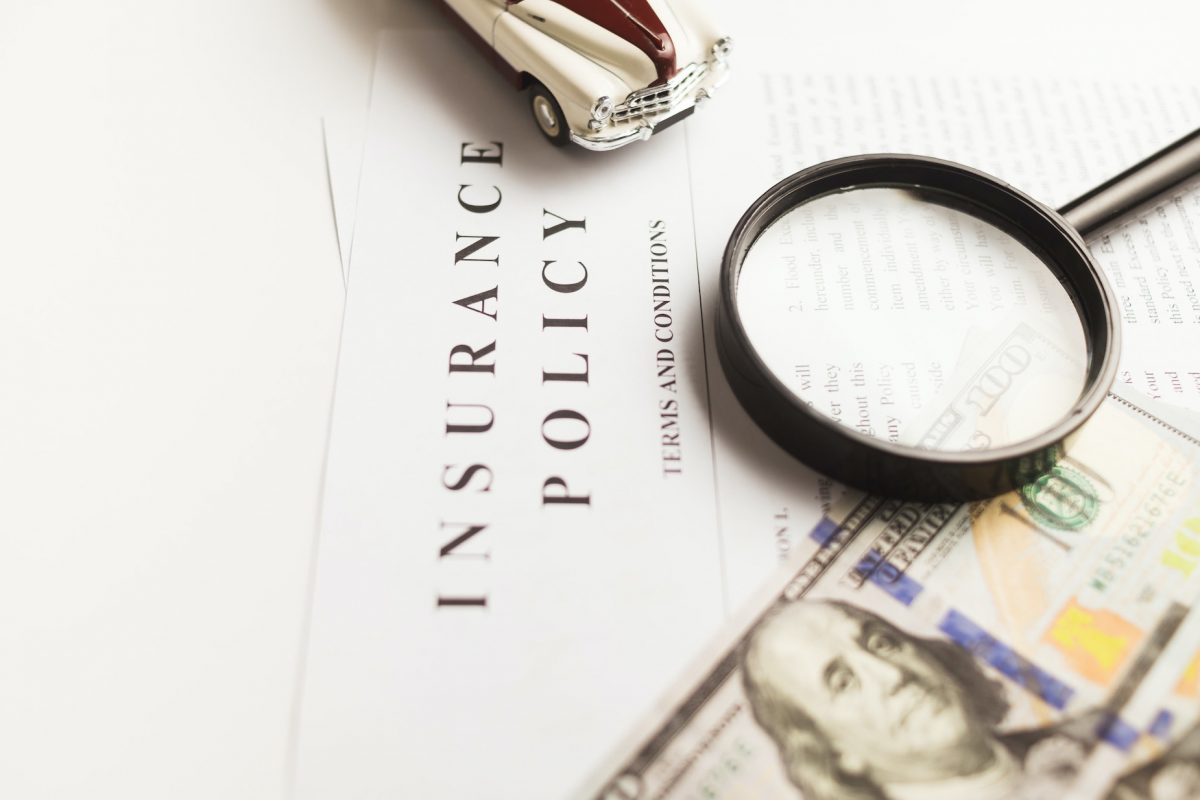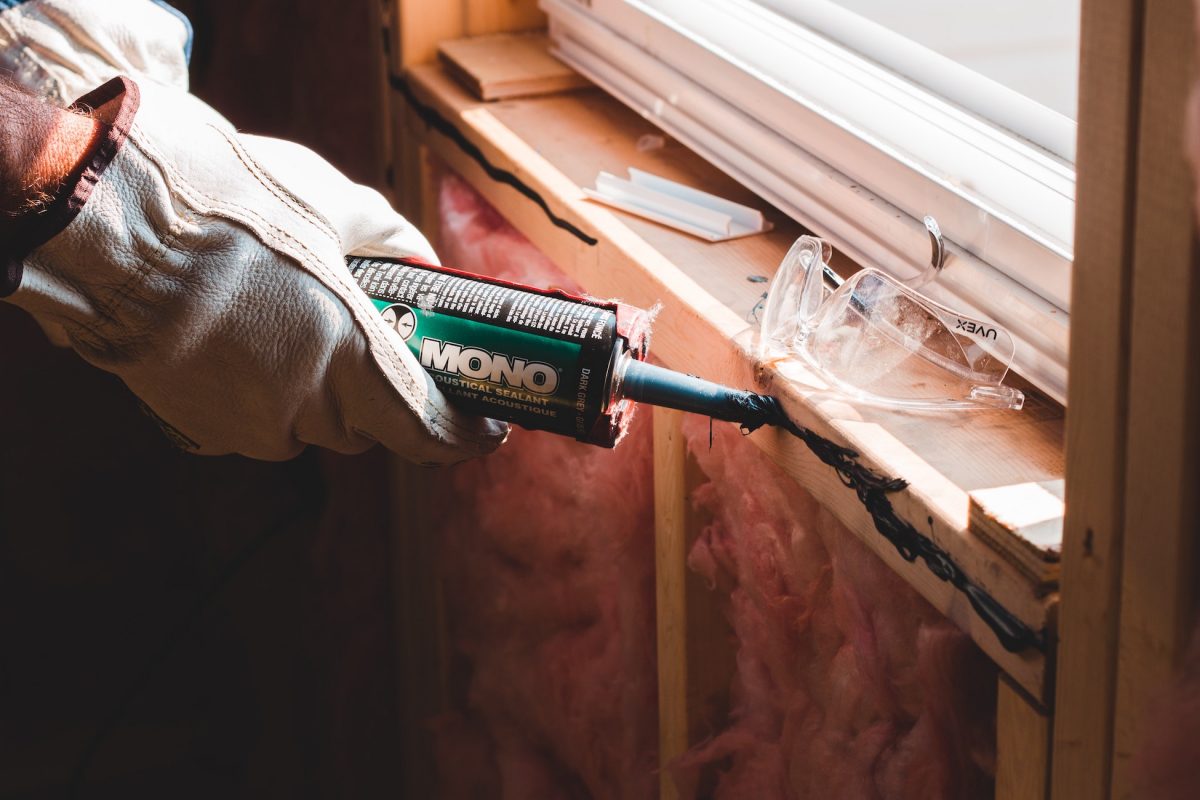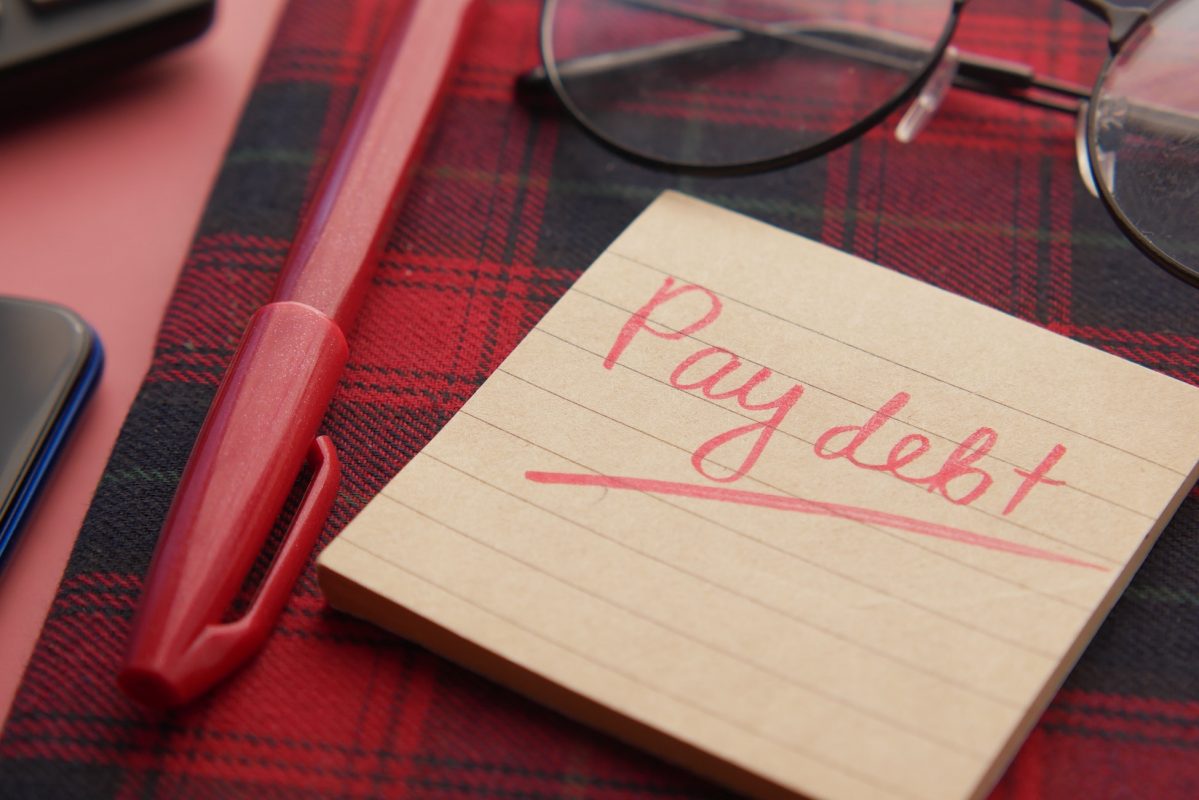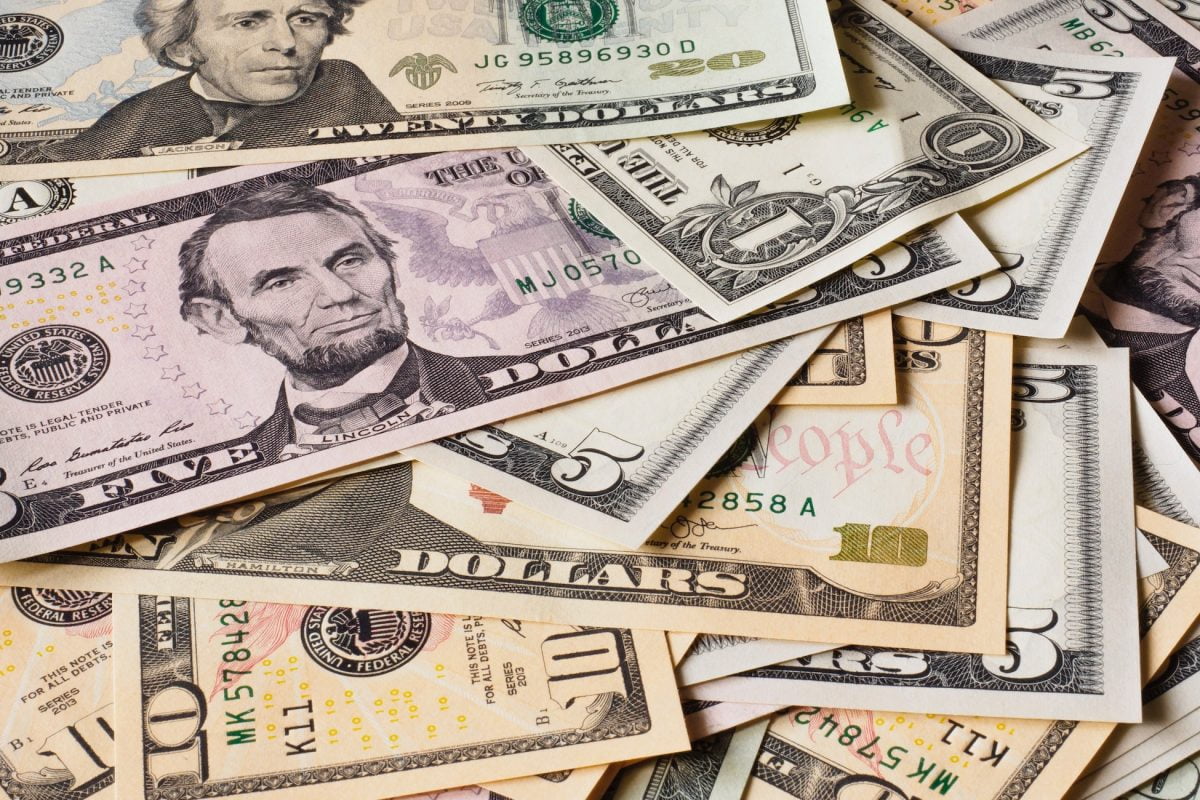Ever felt like your bank account is giving you the side-eye when you try to build credit? Welcome to the wild world of secured credit cards—a financial tool that’s as straightforward as your favorite meme and as effective as that one friend who always reminds you to pay your bills on time. In this guide, we’re diving deep (and having a laugh along the way) into everything you need to know about how to use a secured credit card to boost your credit score and rock your financial game.
How to Use a Secured Credit Card Table of Contents
What Is a Secured Credit Card?
How Does a Secured Credit Card Work?
Setting Up Your Secured Credit Card
Using Your Secured Credit Card Like a Pro
What Is a Secured Credit Card?
Picture a secured credit card as your friendly financial wingman. It’s designed for people who want to build or rebuild their credit. Unlike conventional credit cards, a secured card requires you to deposit some cash as collateral. This deposit is like your personal safety net—the bank holds onto it, ensuring they get paid even if you slip up a bit.
The beauty of a secured credit card is that it’s accessible, even if your credit history is as blank as a new canvas. Think of it as an opportunity to show lenders that you’re not a financial disaster; it’s more like passing a starter test, proving you can handle credit responsibly.
Whether you’re just starting out on your credit journey or you’ve taken a few wrong turns in the past, secured credit cards are the ideal way to earn your trust and prove that you can manage a credit line with finesse.
How Does a Secured Credit Card Work?
The mechanics of a secured credit card are simpler than assembling your flat-pack furniture (and with fewer leftover screws). When you apply for a secured card, you deposit a predetermined cash amount into an account. This deposit then becomes your credit limit. For example, if you deposit $500, you have a $500 credit line.
Every time you swipe your card—whether it’s for a gourmet latte or an emergency pizza—the bank “borrows” money against that deposit. As long as you make timely payments and keep your spending in check, your responsible credit usage gets reported to the credit bureaus. Over time, this can help you build or rebuild your credit score, opening doors to more traditional, unsecured credit cards down the line.
Essentially, a secured credit card is a “trust-building” device, letting you prove that you can responsibly handle a line of credit. In time, you might find yourself graduating to an unsecured card, gaining access to even more financial perks.
Setting Up Your Secured Credit Card
Getting started with a secured credit card doesn’t require a master’s degree in finance—just a willingness to deposit some cash and a dash of responsibility. Below are the key steps:
Step 1: Choose the Right Card
Not all secured credit cards are created equal. Do some homework:
- Annual Fees: Some cards charge annual fees, while others don’t. Look for a card with low or no fees to keep your costs down.
- Deposit Requirements: Consider how much you’re comfortable depositing, and choose a card with a required deposit that fits your budget.
- Credit Reporting: Ensure the card reports to all three major credit bureaus (Experian, Equifax, and TransUnion) so your responsible behavior is recognized.
- APR: Although the deposit minimizes the risk for the bank, compare the interest rates if you ever carry a balance (ideally, try not to).
Doing some online research can help you narrow down your options and choose a card that suits your lifestyle and financial goals.
Step 2: Gather Your Stuff and Apply
Once you’ve picked your card, it’s time to apply. The application process is usually straightforward—think online forms, a few questions about your finances, and a request for your cash deposit. Pro tip: have your bank account details and a digital copy of your ID handy to make the process as smooth as your favorite playlist.
Step 3: Make Your Deposit
After your application is approved, you’ll need to fund your account. This deposit is like a security blanket—it guarantees your credit line. Make sure you transfer the money from your checking account and let the bank know you mean business.
Step 4: Activate and Use Your Card
With the deposit in place and your card arriving in the mail (or digitally, if you’re living that online life), it’s time to activate and start using it. Follow the activation instructions, and don’t forget to set up online account management so you can track your spending and payments.
Using Your Secured Credit Card Like a Pro
Now that you’re equipped with a secured credit card, let’s talk strategy. Using this card is a bit like learning to ride a bike—it requires balance, consistency, and a little bit of practice until you become a smooth operator.
Budgeting and Paying On Time
One of the most crucial aspects of using a secured credit card is keeping your budget in check. Here are some easy tips:
- Track Your Spending: Use budgeting apps or the card issuer’s online tools to monitor your transactions. Stay aware of your balance and avoid maxing out your limit.
- Pay in Full: Whenever possible, pay your balance in full each month. This not only avoids interest but also builds your credit responsibly.
- Set Up Reminders: Late payments can ding your credit score. Use your phone calendar or set automatic payments to make sure you never miss a due date.
Paying on time is like feeding your plant regularly—it keeps everything thriving.
Strategic Spending
Using your secured card isn’t about splurging on every trendy gadget or impromptu dining extravaganza. Instead, consider it a tool for strategic spending:
- Essentials and Recurring Bills: Use your card for your monthly subscriptions, utilities, or grocery shopping. These predictable expenses ensure you’re using your card regularly without overspending.
- Small, Manageable Purchases: If you’re nervous about overspending, use your card for small purchases. Each transaction adds a positive note to your credit report.
- Emergency Use: It might be tempting to use your card for emergencies too, but ideally, have a separate emergency fund so you don’t compromise your credit-building efforts.
Think of your secured card like a trusted pair of shoes—it should get you where you need to go without causing any blisters along the way.
Monitoring Your Credit Progress
One of the coolest parts about using a secured card is watching your credit score transform. Most card issuers provide access to your credit score, and you can also use free services online. Celebrate the small wins—each on-time payment is a step towards a brighter credit future.
Remember, building credit is a marathon, not a sprint. It might be slow at times, but with regular use and smart management, you’ll see those digits climb.
Building Credit with a Secured Card: Your Long-Term Plan
Using a secured credit card is not just a temporary fix; it’s a long-term strategy to build financial independence. If you’re aiming to graduate to an unsecured card or secure better interest rates on loans, here are some forward-thinking steps:
Become a Responsible Borrower
Your credit history is like a social media feed—it's a record of your behavior. Show lenders that you’re responsible by keeping your credit utilization low (ideally under 30% of your limit) and avoiding late payments. The more reliable you are, the more likely you are to earn their trust.
Periodic Reviews and Upgrades
Once you’ve built up enough credit history, some secured card issuers will automatically consider you for an upgrade to an unsecured card. If your bank doesn’t offer this perk, simply shop around once you’ve mastered the basics. Always keep an eye on offers—this proactive approach is your ticket to better credit terms.
Diversify Your Credit Portfolio
As your credit score improves, consider diversifying your portfolio. This might include a mix of secured cards, installment loans, or even a small line of credit. Diversification is like having multiple colors in your wardrobe—it not only enhances your style but also shows lenders that you can handle a variety of credit types responsibly.
Every bit of responsibility you display with your secured card helps pave the road to more lucrative financial products and opportunities, setting you up for major success.
Common Pitfalls and How to Dodge Them
While a secured credit card can be a stellar financial tool, it can also become a slippery trap if you’re not careful. Let’s talk about some common pitfalls and practical tips on how to steer clear of these financial faux pas.
Overspending Beyond Your Means
It’s easy to get caught up in the allure of having a plastic card in your wallet. The trick? Treat your secured card like a prepaid phone plan—you only have so much to spend. Always stick to your budget and avoid using your card for extra-curricular splurges that aren’t part of your planned expenses.
Late or Missed Payments
A missed payment on a secured card can have major repercussions. It’s like missing your morning coffee—suddenly, your day doesn’t start off right. Set up auto-payments or reminders on your phone so that your due dates are as hard to ignore as a viral cat video.
Not Monitoring Your Account Regularly
Financial vigilance is the name of the game. Make a habit of checking your account balance, monitoring your transactions, and reviewing monthly statements. This way, you can spot errors or fraudulent charges before they become a full-blown horror story.
Failing to Build a Credit History
The whole point of a secured credit card is to build a stellar credit history. If you’re not using it regularly, you won’t see the improvements you’re hoping for. Even if your spending is minimal, consistent usage paired with timely payments is key to showing lenders that you are financially responsible.
Steer clear of these pitfalls by establishing solid financial habits. Think of your secured card as a gym membership—regular use and proper care will yield optimal results, while neglect can set you back.


